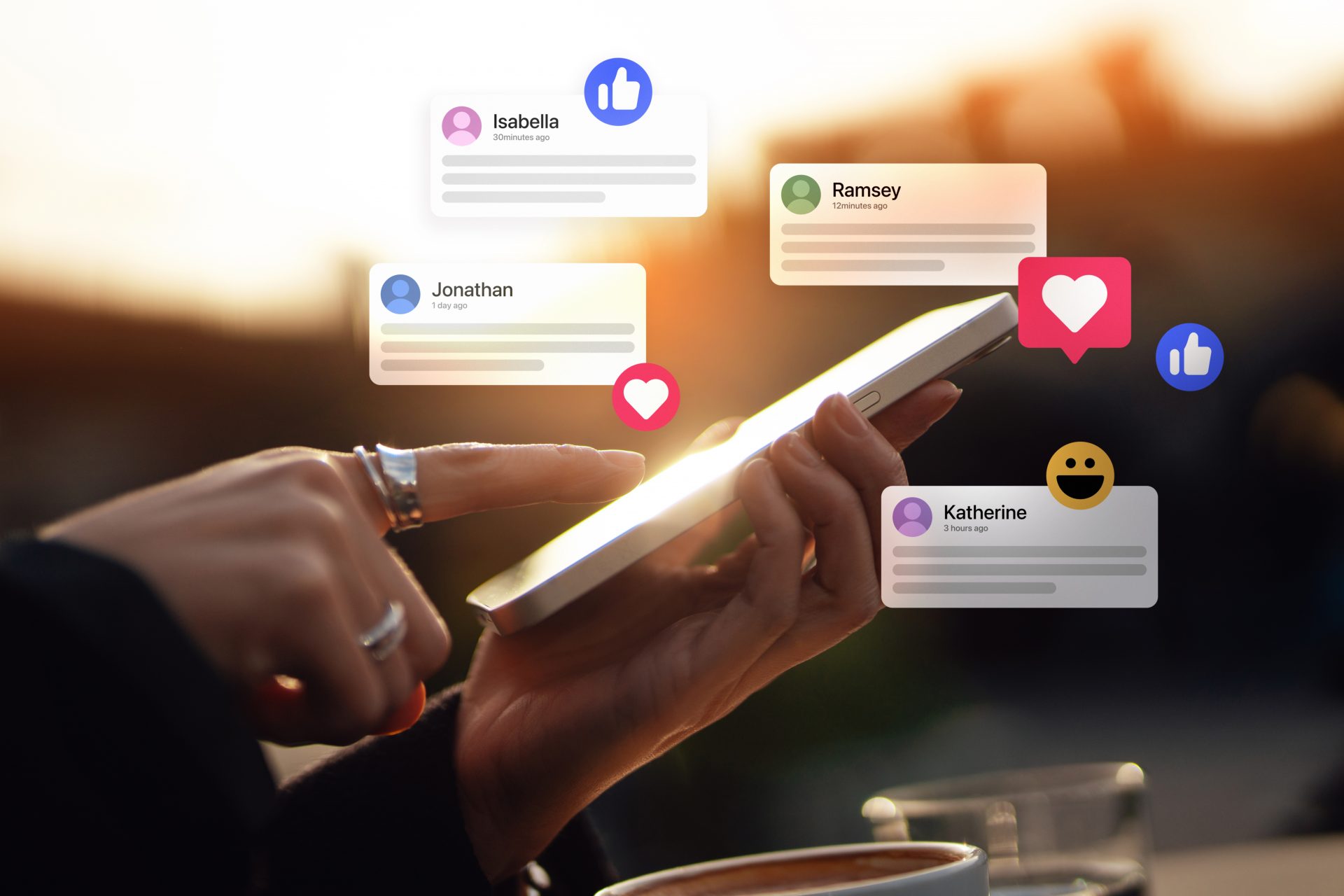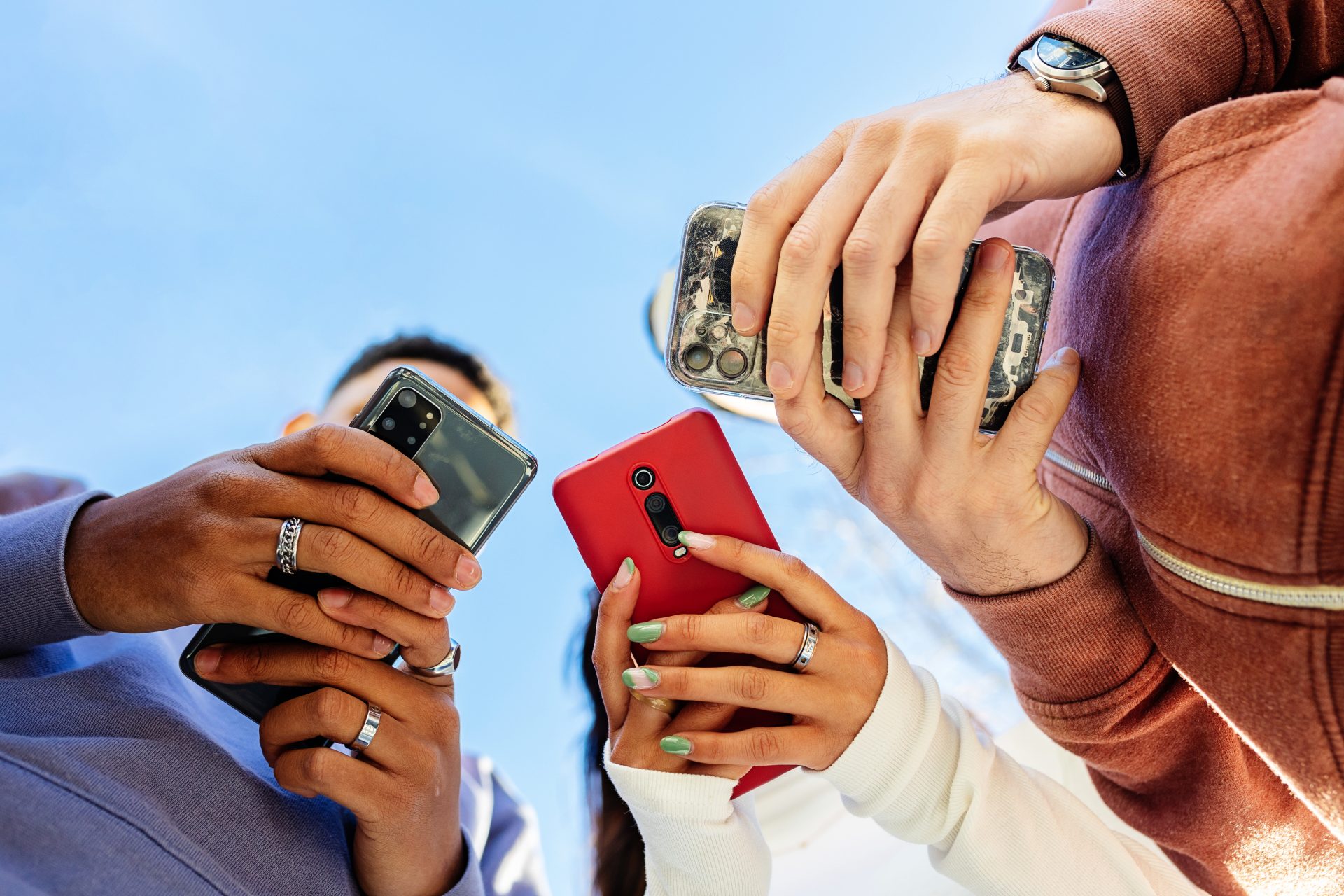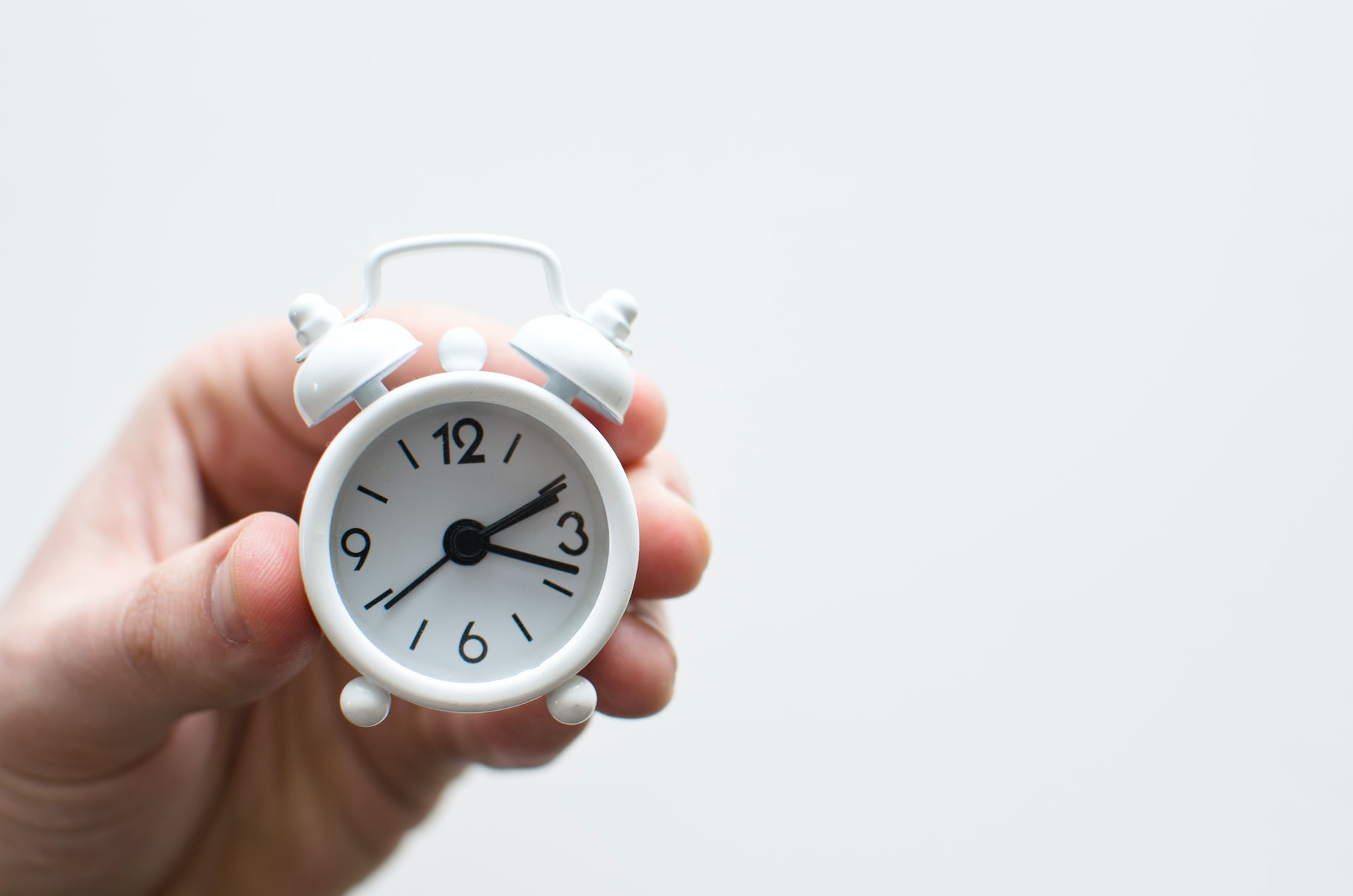Do you have the attention span of a gnat? This is how to achieve laser-sharp focus
Our attention is increasingly divided amid the flood of stimuli we find around us. Sometimes we feel lost with so much information. How can we find balance?
Human beings did not innocently fall into this trap; the markets that generate the content that seduces us fight tooth and nail for our valuable attention.
Although this topic is not new, it is increasingly worrying. Human beings have been able to maintain focus on a certain activity for an increasingly shorter period of time.
Gloria Mark, a computer science professor at the University of California, wanted to study how office employees worked. She was interested in investigating how long they spent concentrating on each activity.
In 2004, the researcher discovered that workers spent, on average, two and a half minutes on a given task before changing their focus. In 2012, when the experiment was repeated, the average time fell to 75 seconds, according to the Brazilian newspaper 'O Globo'.
Currently, with the massive presence of smartphones, this time has fallen even further to just 47 seconds. It's as if we were constantly looking for more stimuli, without being able to maintain concentration on any topic.
The United States currently has around 276 million active smartphone users according to Wikipedia, only trumped by India and China.
A study by Carnegie Mellon University divided 136 individuals into two groups to test their productivity with or without the distractions provided by smartphones. The first group was instructed to turn off the device, while the other was asked to keep it on.
After undergoing a cognitive test, it was found that individuals who had access to their smartphones performed, on average, 20% worse.
In fact, the more interruptions due to external stimuli, the more likely we are to also be distracted by internal ideas and thoughts. One thing leads to another and we completely lose our focus. How many times have we interrupted a task to respond to a message and, suddenly, our attention is lost among flashes of images, videos and messages?
Stress, often linked to the abusive use of social media and overexposure to smartphones, also generates a lack of attention. It is not uncommon to find people who, despite having turned off notifications, continue to take breaks to check their messages.
Gloria Mark explained that we often reach for our smartphones precisely because our brains need a break. The problem is when, instead of letting the brain rest, we increase the level of stimulation. The recommendation is to take regular breaks and go for a walk or have a cup of tea.
In an interview with the newspaper 'O Globo'', Larry Rosen, professor emeritus of psychology at California State University, recommended that, if you need to use your smartphone, the ideal is to stipulate the time of use, to avoid using it unnecessarily.
Photo: Unsplash - Lukas Blazek
Another golden tip is to do an in-depth reading. The recommendation comes from Maryanne Wolf, professor at the Graduate School of Education and Information Studies at the University of California, also cited by 'O Globo.'
Wolf explains that this prolonged time we dedicate to reading allows more sophisticated mental processes to take place, such as critical analysis, deduction and empathy.
And speaking of critical thinking, the last tip is to increase awareness of where you place your attention. As Dr. Mark reminded us, when you are able to decide where you focus, “you are in control of your behavior.”
More for you
Top Stories
































